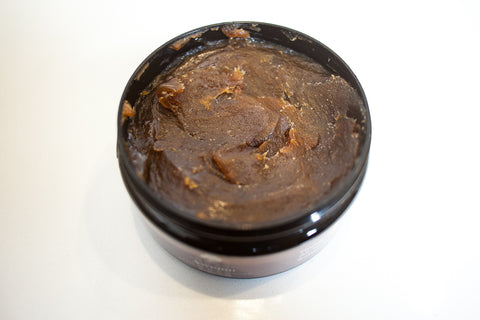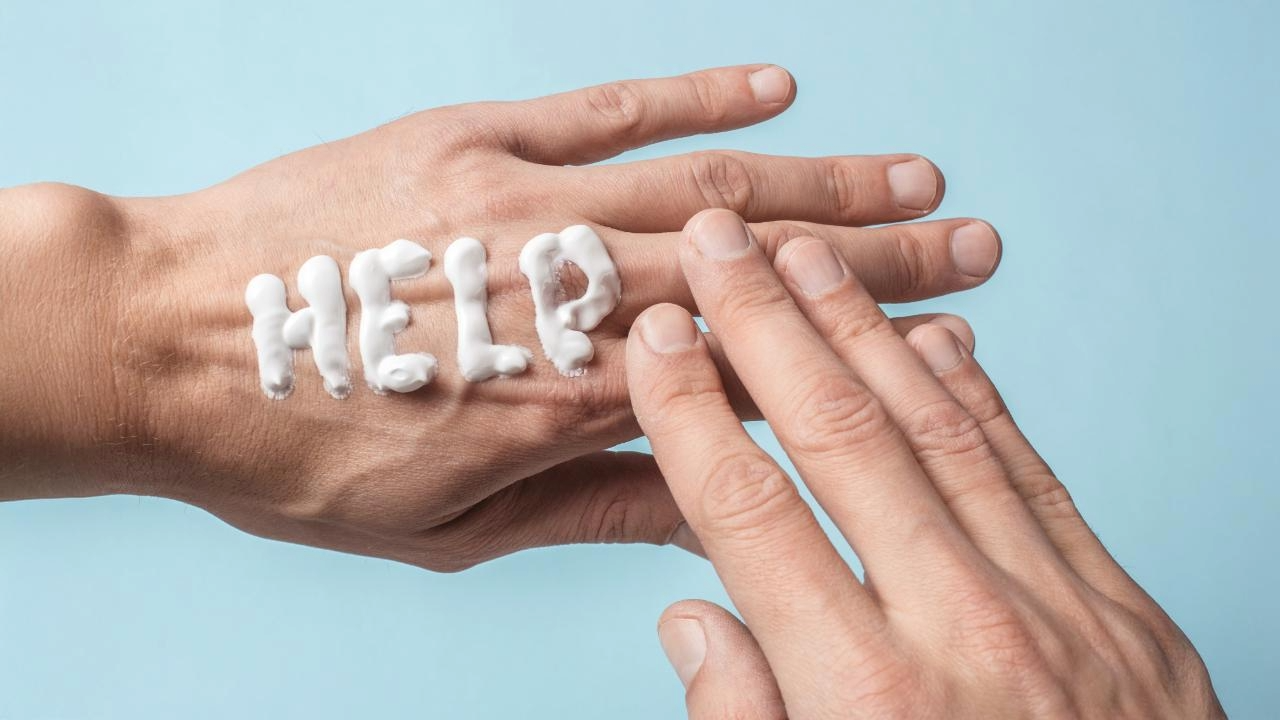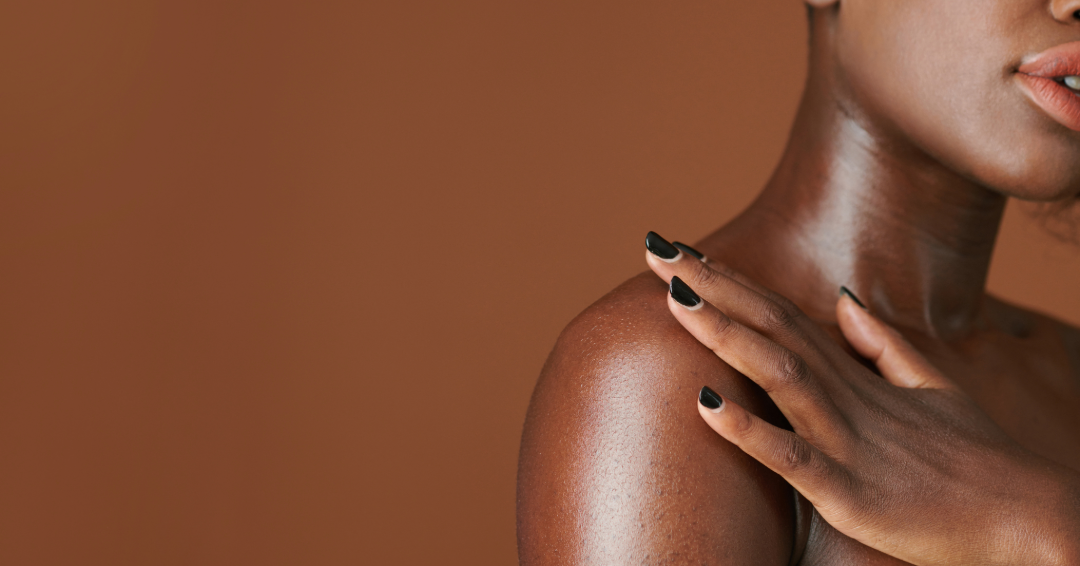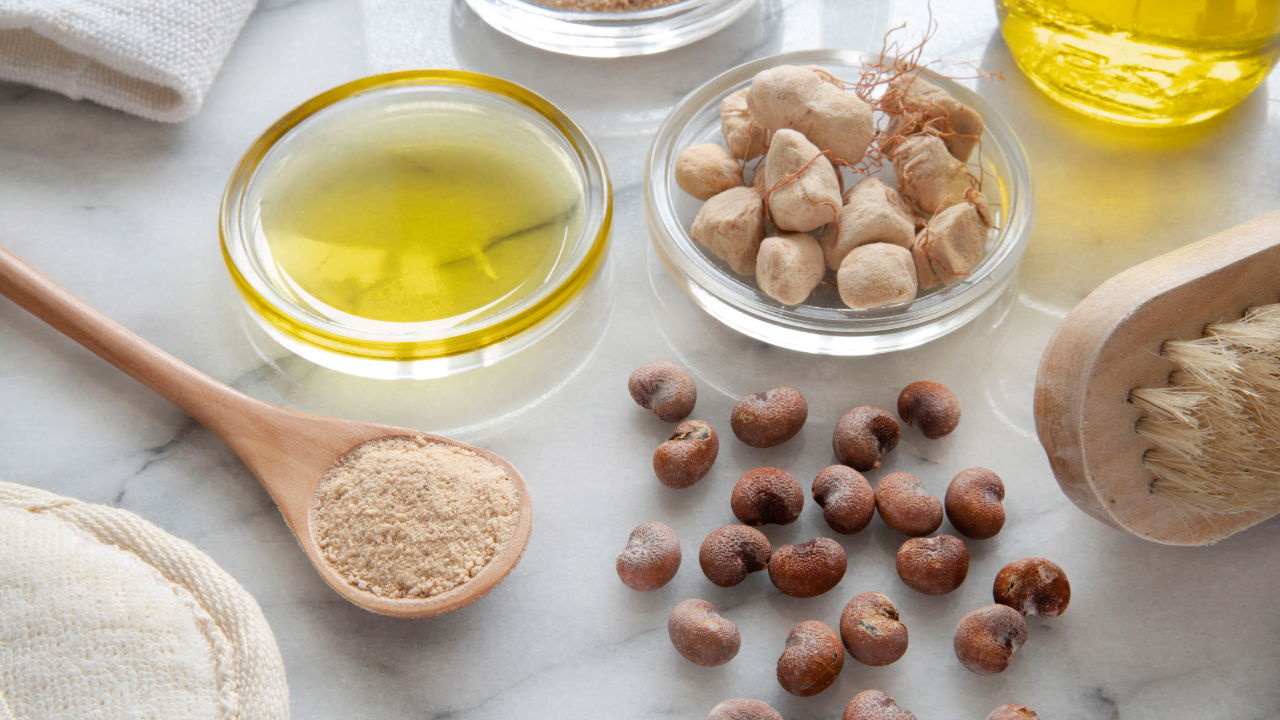Buying Single Origin African Black Soap
African Black Soap is more than just a cleansing product; it's a rich cultural heritage rooted in centuries of tradition. Known for its numerous skincare benefits, this unique soap is beloved worldwide. In this comprehensive guide, we'll explore what African Black Soap is, its origins, and how to make informed choices when purchasing single origin varieties.
Introduction
African Black Soap has seen a surge in popularity lately, and for good reason. This unique soap, often dark brown or black in color, is a powerhouse of skincare benefits. Its origins stretch back to West Africa, where it has been crafted by local artisans for generations, using traditional methods and an array of natural ingredients.
What makes African Black Soap stand out? For starters, it’s loaded with nutrients like vitamins A and E, and it’s known for its soothing properties that can help with conditions like acne and eczema. It gently exfoliates the skin, removes impurities, and leaves your face looking fresh and radiant. Plus, it's a natural remedy for oily skin, helping to balance moisture without harsh chemicals.
As more people seek out natural skincare solutions, African Black Soap has captured hearts worldwide. From its rich cultural heritage to its impressive health benefits, it’s clear that this isn’t just another beauty product—it’s a skincare staple worth knowing about.
Understanding African Black Soap
African Black Soap, often hailed as "the magic soap," comes with a rich tapestry of history and cultural significance. At its core, this traditional cleanser is crafted from natural ingredients sourced from the earth—primarily shea butter, plantain skins, cocoa pods, and palm oil. What sets it apart from commercial soaps is its artisanal production process, which avoids harmful chemicals and artificial additives. Instead, authentic African Black Soap embraces the raw simplicity of nature, providing a deep cleanse while retaining the natural oils that keep your skin hydrated.
So, what exactly makes it tick? The unique combination of ingredients varies by region, leading to slight differences in texture and scent but always delivering excellent results. Unlike your average bar of soap, African Black Soap is gentle yet effective. It boasts a pH level that’s close to that of the skin, making it a go-to for many seeking a natural solution to issues like acne, eczema, and dark spots. It’s basically nature's way of saying, “I've got you covered.”
Historically, this soap has roots in West Africa, emerging from cultures that have passed down the knowledge of its creation through generations. Traditional artisans blend their ingredients with time-honored techniques, often cooking the mixture over an open fire until it reaches the perfect consistency. This process not only enhances the soap's benefits but also ensures every bar is infused with a slice of community spirit. Understanding this history gives depth to the product, highlighting its value beyond just skin-deep advantages.
In the world of skincare, simplicity speaks volumes, and African Black Soap epitomizes that ethos. A small bar packed with tradition, it’s more like a cultural artifact that doubles as a skincare hero. So when you choose African Black Soap, you're not just opting for cleaner skin; you're also embracing a history that stretches beyond borders and generations.
Types of African Black Soap
When it comes to African Black Soap, not all varieties are created equal. Understanding the different types can help you make an informed decision that aligns with your skincare goals and values. Let’s break it down into two main categories: traditional vs. commercial and the more specific realm of single origin products.
Traditional vs. Commercial Variants
Traditional African Black Soap
- Crafted by local artisans
- Uses age-old methods
- Key ingredients include:
- Plantain skins
- Cocoa pods
- Shea tree bark
- Usually handmade and unrefined
- Retains more natural properties and cultural significance
Commercial Variants
- Often bulked up with additives
- May forgo real ingredients for cheaper alternatives
- Promise similar benefits but often lack authenticity
- Shopping Tip: Look for clues on the packaging; if the label is filled with long chemical names, you might want to steer clear.
Single Origin African Black Soap
What is Single Origin African Black Soap?
- Comes from a specific region
- Crafted with local ingredients
- Emphasizes sustainability and supports local economies
Benefits:
- Provides a unique slice of culture tied to a specific community
- Often features unique scents and textures
- Enhances the experience for your skin and senses
Different Forms of African Black Soap
African Black Soap comes in various forms, each with its perks:
-
Bar Soap
- Easy to use in the shower or at the sink
- Often lasts longer
- Can be cut into smaller pieces for travel
-
Liquid Soap
- Great for those who prefer a lather-friendly experience
- Convenient for use with poofs or washcloths
- Paste Soap
- More luxurious feeling
- Great for those who prefer a lather-friendly experience
- Convenient for use with poofs or washcloths as well

- Raw Black Soap
- Allows control over texture and application
- Can be mixed into masks, scrubs, or used as is for an all-natural cleanse

Conclusion
Whichever form you choose, remember that the best African Black Soap is crafted with care and respect for its heritage. Do your homework, embrace authenticity, and let your skin enjoy the benefits while supporting the communities that produce this amazing product.
Sourcing Quality African Black Soap
When it comes to choosing African Black Soap, it's essential to sift through the many options available and pinpoint what's genuine. Authenticity is key here, so here are some straightforward tips to help you identify the real deal.
Identifying Authentic Products
First off, always look for a few telltale signs: true African Black Soap is typically dark brown or black in color, with a slightly uneven texture. If it feels too smooth or looks overly polished, it might be a sign it's been tampered with. Real soap should have visible flecks from its natural ingredients—think ash from burnt plantain skins, cocoa pods, and shea tree bark.
Next, check the ingredients list. Authentic African Black Soap should contain all-natural elements and no harsh chemicals or synthetic fragrances. Transparency in labeling is a good indicator of quality. If the brand can’t tell you where their soap comes from, you might want to keep searching.
Woman-Owned and Fair Trade Brands
Supporting woman-owned brands is a great way to ensure that your purchase is empowering communities. Look for brands that prioritize fair trade practices, meaning they pay fair wages to local artisans who are often the backbone of the African Black Soap industry. These purchases foster economic independence and provide stability in local communities. Brands like Merin Kind, Alaffia and Oyin Handmade not only offer quality products but also give back to the communities that create them.
Community-Crafted Black Soap
Lastly, consider going the extra mile to support community-crafted soap. Local artisans who craft their products often use traditional methods handed down through generations. Buying from these sources ensures that you’re getting an authentic product while directly benefiting the community. Small brands like Nubian Heritage and Kreyol Essence are fantastic examples of companies that take pride in their artisanal roots.
In the end, sourcing quality African Black Soap isn't just about your skin—it's also about supporting cultures, fostering sustainability, and honoring traditions. What you put in your cart can make a real difference.
Where to Buy African Black Soap
When it comes to buying single origin African Black Soap, you've got options. Whether you prefer shopping online or hitting up local stores, there are plenty of paths to get that authentic experience.
Online Retailers
If you're more of an online shopper, you’re in luck. There are several reputable websites where you can find high-quality single origin African Black Soap. Here are a few go-to places:
- Merin Kind: Look no further than us :-)
- Amazon: Look for brands with high customer ratings and reviews. Make sure it specifies 'single origin' in the product description.
- Etsy: This is a great spot for artisanal and handcrafted varieties. You can often find soaps made by local artisans who are passionate about their craft.
- Shea Moisture: A well-known brand, their Shea Moisture African Black Soap is popular for its quality and authenticity.
- NaturaPure: Specializes in organic and natural beauty products, often carrying a selection of single origin African Black Soaps.
Local Markets and Stores
If you prefer the tactile experience of shopping in person, local markets and health food stores can be gold mines for discovering authentic African Black Soap. Some options include:
- Health food stores or co-ops: These often carry organic and ethically sourced products. Ask if they have a section for African or natural beauty items.
- Ethnic grocery stores: Many African or Caribbean markets sell traditional black soap, usually in its raw form. Here, you can often engage with shop owners who can share insights into the product's origins and benefits.
- Farmers Markets: Keep an eye out for vendors who specialize in handmade skincare products. They usually have well-crafted, authentic options.
Buying locally not only supports your community but also gives you a chance to chat with vendors and learn more about the products you’re interested in.
In the end, whether you choose to shop online or explore local options, ensure you look for those key indicators of authenticity. Your skin—and the communities behind these wonderful products—will thank you.
Sustainability in African Black Soap Production
Understanding Sustainable Practices
Sustainability is at the heart of African Black Soap production, especially when it comes to single origin varieties. Traditional soaps are crafted using age-old methods that prioritize the environment and local communities. Artisans often rely on natural, renewable resources like shea tree nuts, palm kernels, and various plant ingredients. These practices not only preserve the earth but also keep the local environment thriving.
When sourcing your African Black Soap, look for brands that prioritize ethical sourcing and eco-friendly production techniques. Many producers engage in fair trade practices, ensuring that those who harvest and create these products receive fair compensation. These brands strive to limit their carbon footprint and use biodegradable packaging, making it easier for consumers to make choices that align with a sustainable lifestyle.
The Impact of Your Purchase
Buying sustainably crafted African Black Soap can create ripples of change in local communities. When you choose products from ethical brands, you’re not just getting a quality soap—you're supporting livelihoods and empowering artisans. This means that your money helps fund education, healthcare, and community projects, improving the quality of life for many.
On an ecological level, sustainable practices reduce waste and minimize harm to local ecosystems. By investing in brands that practice responsible harvesting and production, consumers help ensure that these resources remain viable for future generations. Plus, the more we support these initiatives, the more we encourage others to adopt similar practices, leading to a greater collective impact.
So, when you reach for that bar of African Black Soap, remember: you're not just treating your skin, you're contributing to something much bigger. Choosing sustainability makes a difference, one purchase at a time.
Conclusion
In summary, African Black Soap offers far more than just effective cleansing—it's a tangible piece of cultural heritage. From its rich history to the benefits it brings for skin and hair, this unique product is undeniably valuable. As consumers, it’s crucial to recognize the differences between traditional and commercial variants, particularly when it comes to single origin products. Choosing single origin African Black Soap not only ensures you're getting a quality item, but also supports communities and artisans who have crafted this soap for generations.
When you look to purchase African Black Soap, remember to check for authenticity, support woman-owned and fair trade brands, and consider local artisans who embody sustainable practices. Every decision you make impacts not just your skin, but the livelihoods of those involved in its production.
Ready to dive deeper? Explore the recommended products listed in this guide and take the next step towards finding your go-to African Black Soap. Embrace this journey with an open heart and mind, all while appreciating the rich traditions that shape the soap you’re about to use.
Call to Action

Now that you're equipped with all this knowledge about African Black Soap, it's time to take action. If you've tried it, we’d love to hear your experiences! How does it work for you? What benefits did you notice? Whether it transformed your skincare routine or didn’t quite meet your expectations, sharing your story can help others make informed decisions.
Also, don’t forget to check out some great brands and blogs that focus on sustainable skincare. Following these groups can keep you in the loop about the best practices in ethical sourcing, new product launches, and tips for effective use of African Black Soap.
Connect with brands on social media that share your passion for quality and sustainability. They often offer exclusive insights, discounts, and educational content that can deepen your understanding of the culture and crafting behind these soaps.
Ready to dive deeper? Scroll through the links provided in this guide for trusted retailers, community-crafted brands, and more eye-opening resources. Your skin and the planet will thank you!





